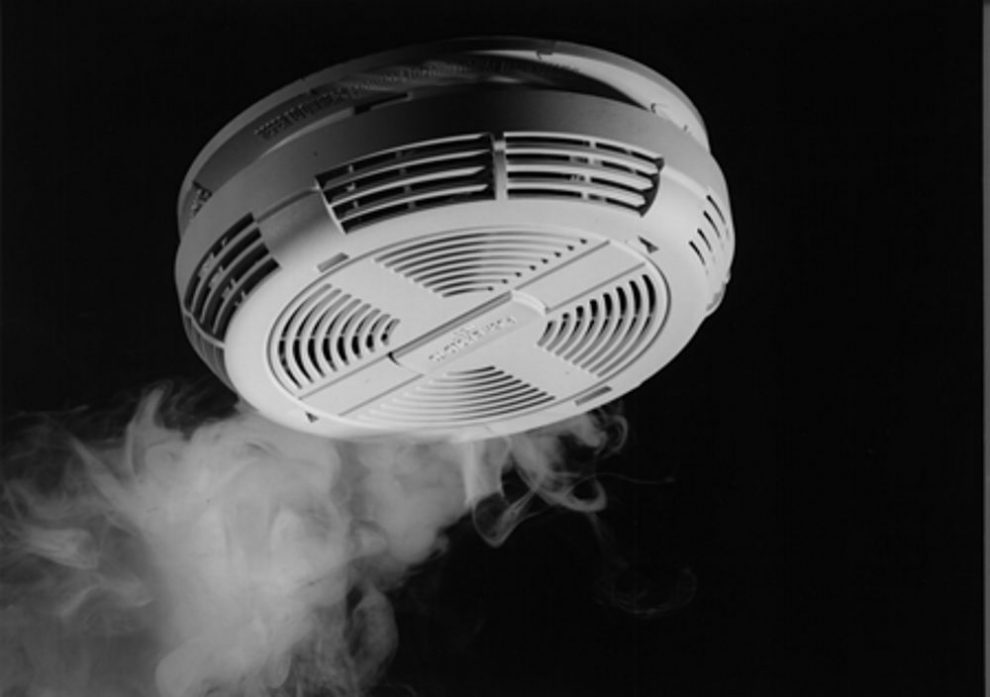The numbers are in and they tell a bleak story:
Between November and December 2014, there were five serious house fires in rental properties that resulted in four deaths as well as three severe burn
injuries. Of the seven victims, six were considered to be remote enough from the initial fire that they could have escaped had they been aware
of the fire in the first place. Rental houses account for only 33% of our housing stock yet staggeringly they set the scene for 55% of all house
fires and 89% of all fatal fires.
While inferences can be drawn about tenants being at higher fire risk (and necessary targeted education campaign must follow), as accommodation suppliers,
we must ask, What can landlords do to promote the safety of our tenants and minimise the effects of house fires?
On behalf of the 19 Property Investors’ Associations around the country as well as their members, the New Zealand Property Investors’ Federation (“NZPIF”)
is collaborating with the Real Estate Institute of New Zealand as well as the New Zealand Fire Service to show its support for the introduction of
mandatory smoke alarms to be installed in residential rental properties.
The three partners support a proposal for the amendment of the Residential Tenancies Act to the effect that:
- Landlords are required to install smoke alarms to provide for the safety of the occupants;
- Tenants are responsible for informing their landlord if the alarm is not working consistent with Section 40(d) of the Act; and
- Tenants are responsible for any damage they inflect on the smoke alarm consistent with Section 40(1)(a) of the Act as they would for any other property
they damage.
Legislative change does not get away from the fact that even with the provision of smoke alarms (often at landlords’ cost), the benefits will not be realised
if tenants interfere with their correct operation (e.g. pulling the batteries out). That is why the Auckland Property Investors’ Association (“APIA”) shares the NZPIF’s belief that a long life photoelectric alarm is preferable to the traditional 9 volt alarms. The reasons being:
- Photoelectric alarms are physically harder for tenants to interfere with;
- Photoelectric alarms are less likely to give a false alarm (such as smoke from burnt toasts);
- Photoelectric alarms are easier to turn off;
- Photoelectric alarms remain operational for longer.
At its first communication meeting of 2015, the NZPIF announced that it is close to securing a bulk purchasing deal of photoelectric alarms on behalf of all the Property Investors’ Associations around the country. Information will be circulated to all APIA members once it has become available.
















Add Comment